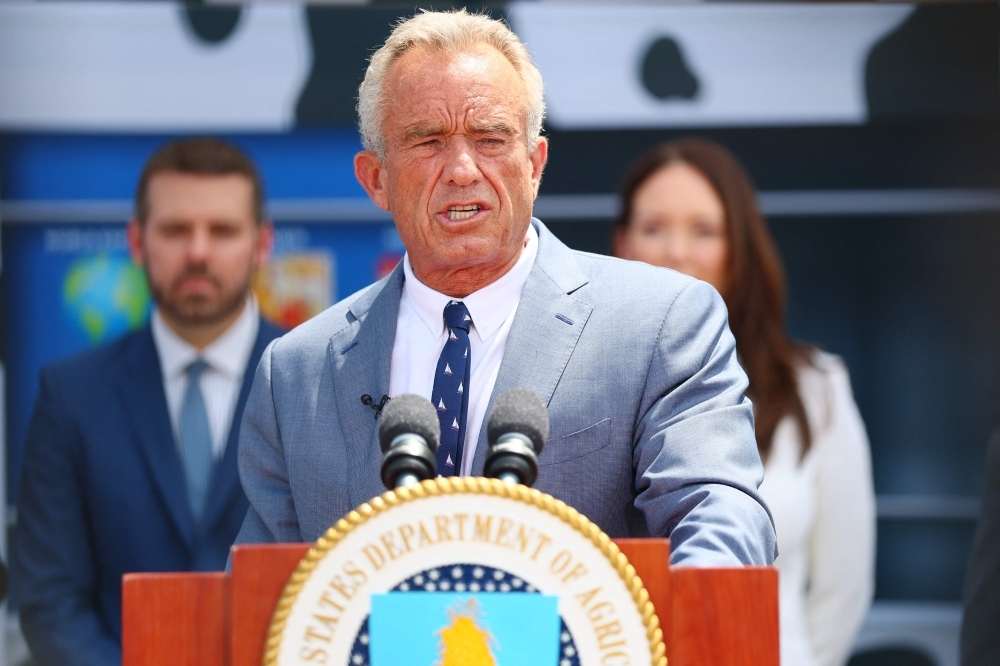A groundbreaking constitutional challenge has been submitted to the High Court of Australia, aiming to stop the incoming nationwide social media ban for children under 16. The move comes just two weeks before the unprecedented law is due to take effect.
The case was filed by the Digital Freedom Project, with two 15-year-old students, Noah Jones and Macy Neyland, standing as plaintiffs. Their challenge seeks to block the law that could deactivate more than one million social media accounts belonging to Australian teenagers under 16. The ban targets major platforms, including YouTube, TikTok, Snapchat, Facebook, and Instagram, and is scheduled to begin on December 10.
In a statement, the Digital Freedom Project argued that the law “robs young Australians of their freedom of political communication,” a right implied within the nation’s constitution, even though Australia does not have an explicit protection for free speech. The group called the legislation “grossly excessive.”
Neyland expressed her deep concern, saying the law restricts the ability of young people to voice their thoughts online.
“Young people like me are the voters of tomorrow … we shouldn’t be silenced. It’s like Orwell’s book 1984, and that scares me,” she said.
The Digital Freedom Project is led by John Ruddick, a member of the Libertarian Party in the New South Wales Parliament.
Following the announcement of the challenge, Communications Minister Anika Wells reiterated in Parliament that the government will not be swayed by legal threats.
“Despite the fact that we are receiving threats and legal challenges by people with ulterior motives, the Albanese Labor government remains steadfastly on the side of parents, and not of platforms,” she said.
Reports also suggest that YouTube has considered launching its own High Court challenge, arguing that the ban places an undue burden on political communication.
Around the world, governments and tech giants are closely watching Australia’s next steps. The country’s new law is one of the most sweeping attempts globally to regulate minors’ access to social media.
Passed in November 2024, the ban enjoys broad public support. Officials cite research linking excessive social media use among young teens to misinformation, cyberbullying, and harmful body image pressures.
Platforms that fail to comply may face penalties of up to A$49.5 million (RM133 million).




